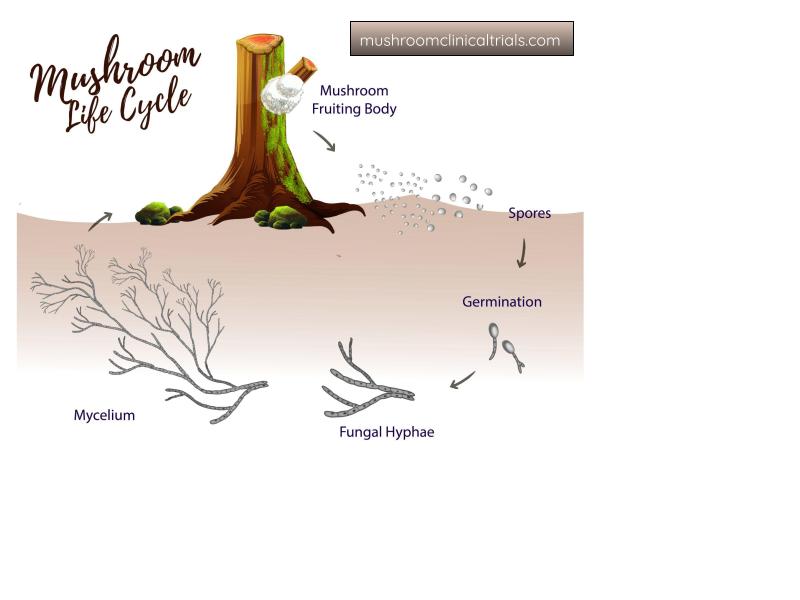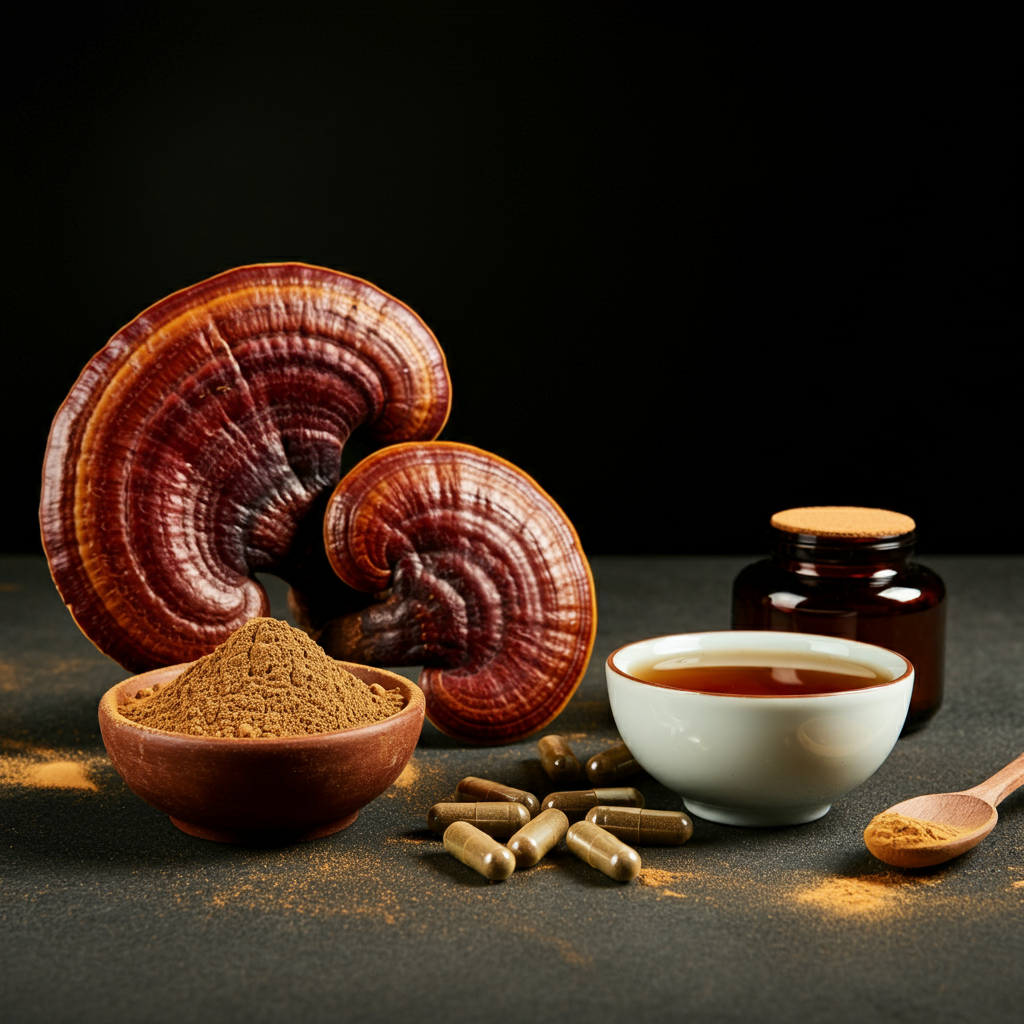The reason behind the vast quantity of low-quality mushroom supplements is that producers utilize low-quality primary materials. More specifically, many companies sell products derived from a process known as “solid-state fermentation” in the scientific literature

Solid-state fermentation involves growing fungal mycelium (the “roots” of the fungus) on grains such as brown rice or oat. Once these grains are colonized by the fungus, this biomass is processed into various products. This biomass is colloquially referred to as “myceliated grains” or “mycellium on grains”. In effect, these products do not even contain mushrooms, which are the fruiting body of the fungus.

Above you can see the white fuzzy mycellium growing on grains. It is this type of material that is used to produce a large portion of the mushroom supplements you find in the market.

Here is a highly magnified image of a single grain colonized by mycellium.
Research conducted by NAMMEX (North American Mushroom Extracts; click here for the pdf) shows that myceliated grain products only contain small percentages of beta-glucans (<10%) and other bioactive compounds. These are the important components of medicinal mushrooms that have been identified as having beneficial properties. Instead, these materials contain high quantities of starch (30-50%), something which only occurs in very small quantities (<1-5%) in fungal biomass.
At this point it is important to clarify that pure mycelium does contain a significant quantity of bioactive compounds. In fact, a large majority of clinical trails are conducted using extracts derived from mycelium. The issue with “myceliated grain” is that only a portion of this material is actually mycelium.
Since myceliated grains are cheap, quick, and easy to produce, it is understandable why many companies decide to use these primary materials. It can substantially lower the cost of their production compared to using mushroom fruiting bodies.
Advocates of these products argue that current methodologies for beta-glucan testing do not work properly on myceliated grains. While there does exist room for improvement in current testing methods, there is unfortunately no evidence to suggest myceliated grains contain significant quantities of bioactive compounds.
It is possible that in the future enhanced production techniques and testing methods, could prove solid-state fermentation as a viable option for producing quality products. Unfortunately, for the time being, they cannot be recommended for anyone seeking true therapeutic value from a mushroom supplement.
Recommended Brands
Below are some recommended brands with products tested for bioactive compounds. For full transparency, these are brands affiliated with the website, and we profit directly from any purchases made via this link. We only affiliate with trusted companies that are vetted for quality. While these are generally considered the gold standard in the supplement community, there are other brands with products of equal quality. If you are interested, take a look at the full supplement buying guide for more info.
Real Mushrooms are a pioneers in the mushroom supplement industry and the direct-to-consumer outlet of NAMMEX (North American Mushroom Extracts). NAMMEX is a bulk-distributer that sells to dozens of other mushroom supplement brands. Their products are made with 100% fruiting bodies, USDA Organic, and are analyzed for bioactive compounds. They maintain close relationships with their growers, their customers, and the wider mushroom community.
Nootropics Depot is a well trusted source for many different types of supplements. On top of the standard powders/capsuls, they also offer specialized extracts with higher concentrations of bioactive compounds. Their Erinamax Lion’s Mane supplement is one of the only products on the market made with mycellium derived from submerged fermentation, and standardized for the content in Erinacine A.
Purest Mushrooms is a relative new comer in the supplement market that offers high-quality extracts. Their supplier partners directly with mushroom growers to source high-quality materials. All their products are quality tested and analyzed for bioactive compounds. COAs of all their products can be found directly in their website.

No responses yet